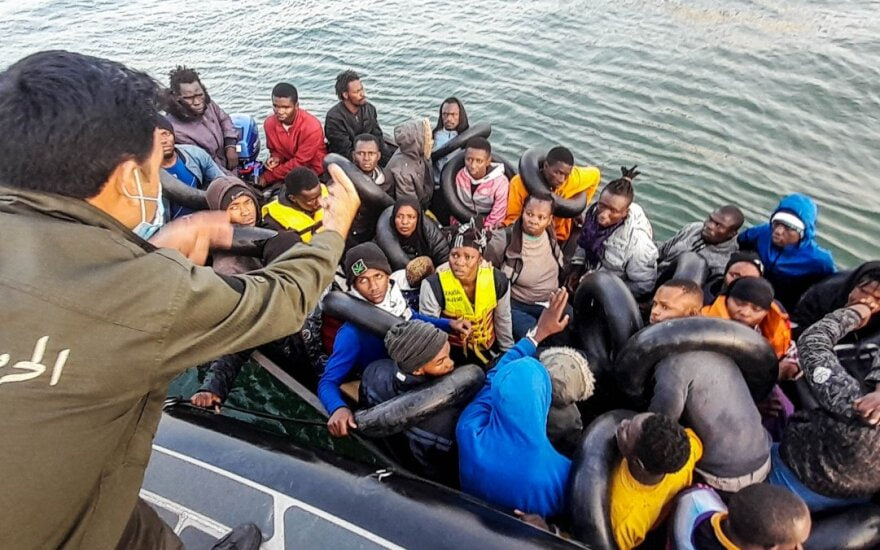On June 11, the President of Tunisia, Kais Said, met with European Commission President Ursula von der Leyen, Italian Prime Minister Giorgia Meloni, and Dutch Prime Minister Mark Rutte. The purpose of the visit was to discuss measures to prevent the influx of refugees and migrants from reaching Europe, DW reports.

Ursula von der Leyen pledged "strong cooperation" and financial assistance exceeding €1bn ($1.18bn) to Tunisia in order to finalize the agreement. The European Union (EU) plans to initially allocate €150mn ($176mn), with the remaining €900mn ($1bn) provided later as a long-term aid. Von der Leyen expressed the desire to have the agreement signed before the EU summit at the end of June.
Similar agreements have been made between the EU and other African countries. The EU has been supporting the efforts of the Libyan Coast Guard, which intercepts refugee-carrying boats and transfers the individuals to temporary detention camps. However, these camps have faced criticism from refugee rights organizations and activists for their harsh living conditions. Reports of harassment and violence against migrants have also emerged.
Ahead of the European delegation's visit, President Kais Said emphasized the need for financial assistance regarding the migration issue but made it clear that Tunisia will not act as Europe's border police.
In recent months, there has been a significant increase in the number of individuals illegally entering the European Union via Tunisia, including those from other African nations. The Italian Ministry of Interior reported that over 53,800 people have arrived by boat seeking protection since the beginning of the year, nearly half the number compared to the same period last year.
Comments (0)